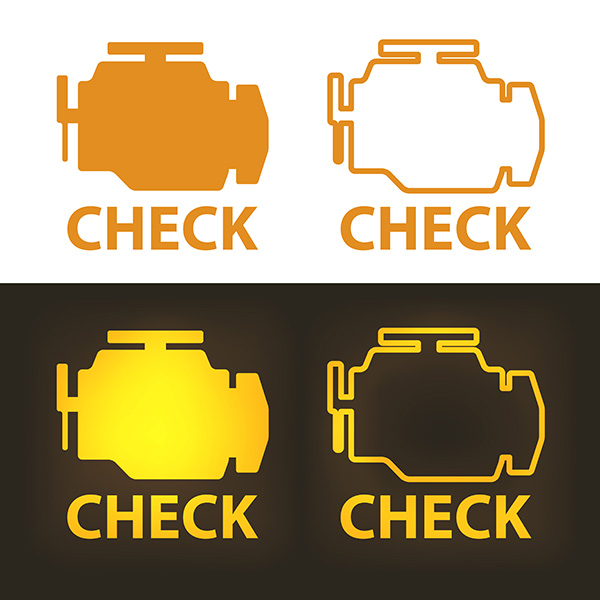
Your check engine light is one of the most important indicators on your dashboard. When it’s solid, it usually points to an issue that needs attention soon. But when the light is flashing, it’s a whole different story. A flashing check engine light often signals a severe problem that requires immediate attention. Ignoring it or continuing to drive can lead to serious engine damage and costly repairs.
Knowing what causes the light to flash and what steps to take can help protect your engine and your wallet.
The Most Common Cause: Engine Misfire
A flashing check engine light usually means your engine is misfiring. This happens when one or more cylinders fail to ignite the air-fuel mixture correctly. Misfires are dangerous because they can cause raw fuel to enter the exhaust system. When that unburned fuel reaches the catalytic converter, it can overheat the component and cause it to fail.
A failed catalytic converter is expensive to replace and is essential for reducing emissions. The longer you drive with a misfire, the higher the risk of permanent damage to both the converter and the engine.
Other Serious Causes of a Flashing Light
While misfires are the most common culprit, other issues can also trigger a flashing check engine light. These may include:
- A faulty ignition coil or spark plug
- Fuel system issues, such as low pressure or a clogged injector
- Valve timing problems
- Severe vacuum leaks
- Problems with the engine control unit (ECU)
These issues all affect the combustion process. If the engine can’t run smoothly, it will let you know through vibration, poor acceleration, and warning lights. A flashing light is the car’s way of telling you to pull over and get help.
Can You Keep Driving
The short answer is no. Driving with a flashing check engine light is risky. While your car might still move, the engine is likely running in a compromised state. Continuing to drive may seem like the only option if you’re far from a repair shop, but it could make things much worse.
If the light begins flashing while you’re driving, find a safe place to stop. Turn off the engine and let it rest for a few minutes. If the light continues to flash when you restart the vehicle, you should avoid driving and call for roadside assistance. In some cases, driving even a few miles can be enough to turn a repairable problem into major engine failure.
How to Respond Safely To A Check Engine Light
- Safely pull over and turn off the engine.
- Check for other symptoms like rough idling, poor throttle response, or unusual noises.
- Avoid restarting the engine unless absolutely necessary.
- Call a local repair shop or towing service for guidance.
Do not attempt to continue driving unless a professional confirms that it’s safe to do so. In some cases, technicians can clear the trouble code or make a temporary fix to help you get to the shop without further damage.
Diagnostic Tools Can Help Quickly
Modern vehicles store diagnostic trouble codes (DTCs) that can help pinpoint the exact issue. These codes are read using a scan tool connected to the vehicle’s onboard computer. Even if the light stops flashing later, the codes remain stored in memory until they are cleared.
Getting a diagnostic scan as soon as possible is the best way to understand what triggered the flashing light. Many shops offer this as a standalone service or include it with an inspection.
Don’t Confuse It with a Solid Light
A common mistake is to treat a flashing check engine light the same as a solid one. While both should be taken seriously, a flashing light usually points to an active misfire or another urgent issue. A solid light can mean anything from a loose gas cap to a failing sensor. You can usually drive short distances with a solid light, but a flashing one means stop right away.
Knowing the difference could save you thousands of dollars in repairs and prevent damage that shortens your vehicle’s lifespan.
Protect Your Engine with Help from Loyola Marina Auto Care in Westchester, CA
If your check engine light is flashing, do not wait to get your car inspected. At Loyola Marina Auto Care in Westchester, CA, our experienced technicians can quickly diagnose the cause and recommend the right repairs. We use advanced tools to read fault codes and perform thorough engine checks to make sure nothing is missed. Whether it’s a misfire, fuel issue, or ignition problem, we’ll help you get back on the road safely and confidently.
Call or visit today and let us keep your engine running healthy.